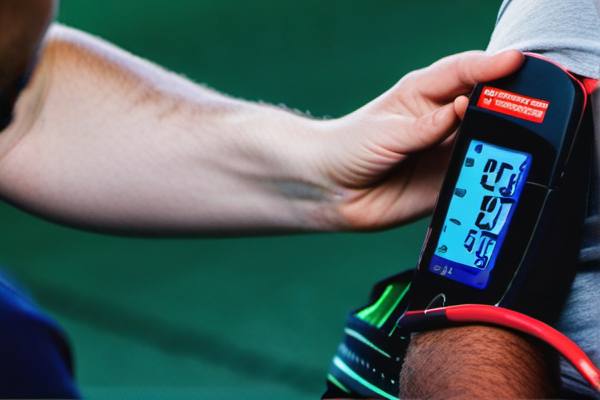hypertension, a chronic disease affecting millions worldwide, remains a significant public health concern. As an experienced expert in hypertension prevention and treatment, I am eager to share some essential knowledge based on years of clinical practice.
High blood pressure, often termed “the silent killer,” arises from various factors such as genetics, lifestyle, environment, and age. It is crucial to recognize the importance of early detection and intervention. The following are detailed guidelines for preventing and treating hypertension.
**Understanding Hypertension**
Firstly, it’s essential to understand what高血压 actually means. Blood pressure refers to the force that blood exerts against the walls of arteries as it flows through them. Persistent elevation of this pressure can damage arteries, leading to cardiovascular diseases and other complications.
There are two types of hypertension:
1. **Primary hypertension**: This form constitutes the majority (90-95%) of all cases. The exact cause is unknown, although genetics, diet, environment, and lifestyle factors play a significant role.
2. **Secondary hypertension**: This condition arises from underlying diseases or medications. Examples include kidney disease, hormonal disorders, and certain medications for ADHD.
**Prevention Measures**
Several measures can help prevent hypertension:
1. **Dietary Changes**: A balanced diet is one of the primary defenses against hypertension. Here are some specific recommendations:
– Increase your intake of fruits and vegetables, rich in fiber, vitamins, and minerals.
– Opt for whole grains over refined carbohydrates.
– Limit salt consumption to less than 2,300 milligrams per day (1,500 milligrams if you’re at risk or have hypertension).
– Reduce red meat and saturated fats; choose lean protein sources such as fish, poultry, and legumes.
2. **Exercise**: Regular physical activity can lower blood pressure and help maintain a healthy weight. Aim for at least 150 minutes of moderate-intensity exercise per week, such as brisk walking or swimming.
3. **Stress Management**: Chronic stress may contribute to hypertension. Techniques such as meditation, deep breathing exercises, and yoga can help manage stress levels.
4. **Maintain a Healthy Weight**: Excess weight increases the risk of developing hypertension. Strive for a body mass index (BMI) within the normal range (18.5-24.9).
5. **Limit Alcohol Consumption**: Excessive alcohol intake can lead to increased blood pressure. The American Heart Association suggests limiting alcohol to two drinks per day for men and one drink per day for women.
6. **Smoking Cessation**: Smoking increases cardiovascular risks, including hypertension. Seeking help for戒烟 is a significant step toward better health.
**Treatment Options**
In cases where lifestyle changes are insufficient, medication may be necessary:
1. **Antihypertensive Medications**: There are several types of medications used to treat hypertension, including diuretics, ACE inhibitors, beta-blockers, calcium channel blockers, and angiotensin receptor blockers.
2. **Adjunctive Therapies**: Some patients might benefit from additional therapies such as magnesium supplements or the omega-3 fatty acids found in fish.
**Monitoring Your Blood Pressure**
Regular monitoring of blood pressure is vital for both prevention and treatment. Many homes now have digital monitors, with some even available online, like this one on 高血压预防克星 (Hypertension Prevention Star). Keep a record of your blood pressure readings and share them with your healthcare provider.
**Conclusion**
Early detection, proper management, and adherence to lifestyle changes can significantly reduce the risks associated with hypertension. Remember, health is a journey, not a destination. Engage actively in your own health by taking steps today that will benefit you for years to come.


